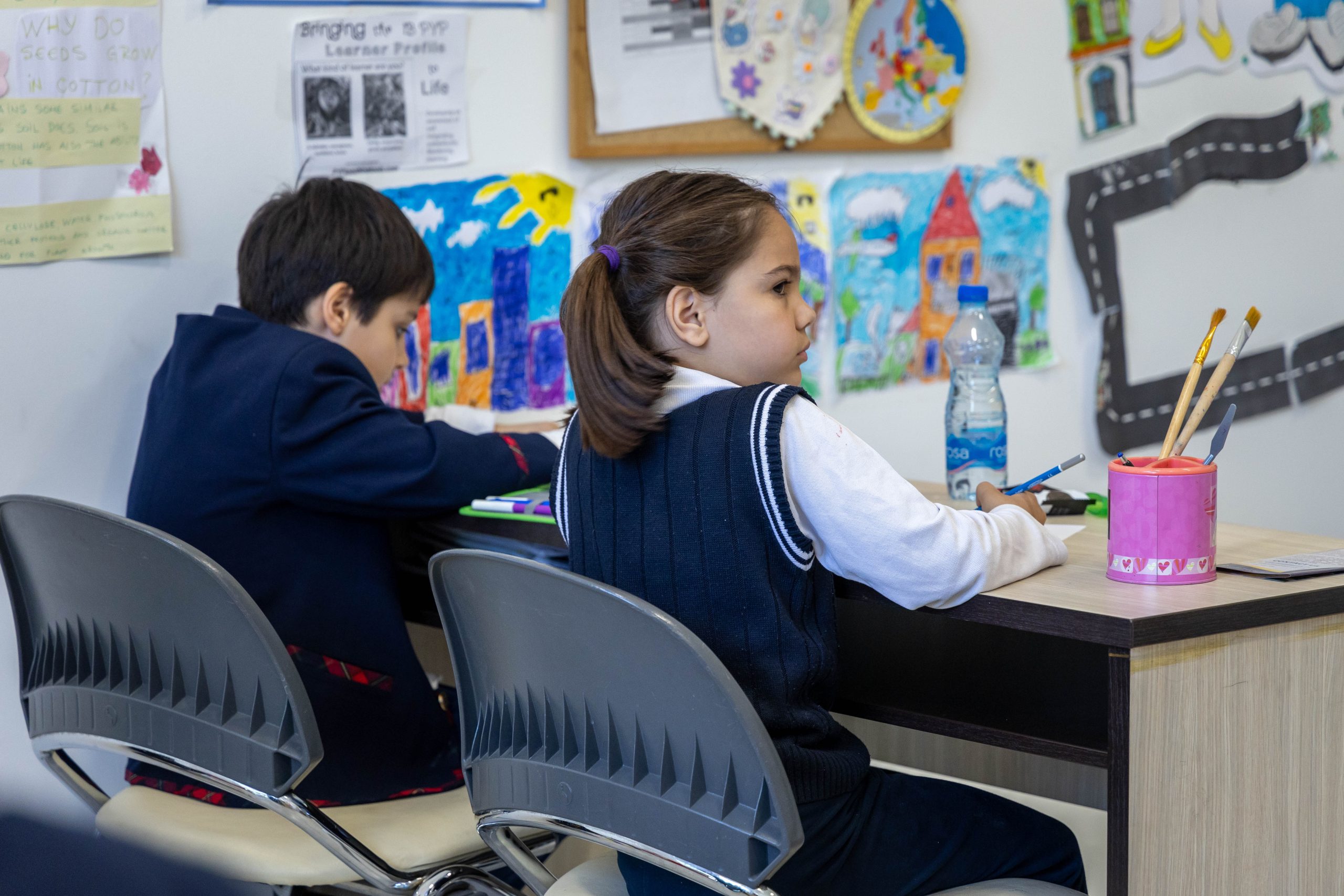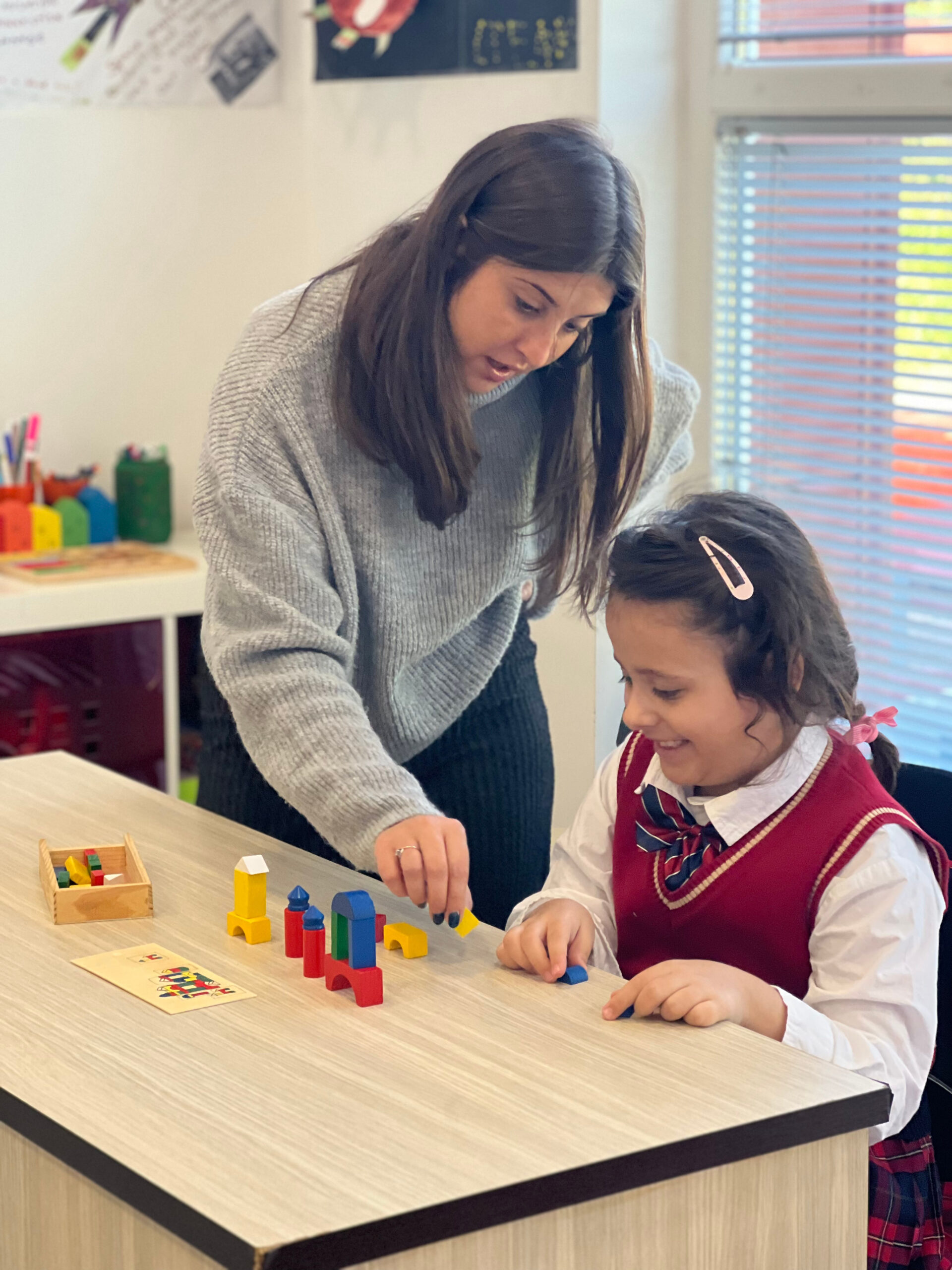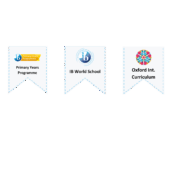S.E.N.D
EVERY CHILD DESERVES ACCESS TO QUALITY EDUCATION

What types of special educational needs do we cover?
1. ADHD
2. Autistic Spectrum Disorder
3. Dyscalculia
4. Dysgraphia
5. Dyslexia
6. Fine and gross motor skill delay
7. Learning difficulties
8. Moderate learning difficulties
9. Developmental dysphasia
10. Behavioural difficulties- EBD, SEBD, SEMH
Education is a vital part of your children’s lives. It gives them the opportunity to learn and socialize with others, and develop friendships and the tools they need to become active members of their communities. Us at Maximilian School are aware that every child is different and has different needs. That is why as a part of our school, we established a Special Educational Needs Department. We believe that every child has the right to be provided with individual approach and to be given the care and dedication he/she needs. Only that way, we can help them achieve their highest potential.
As a team, we offer professional services within our Special Needs Department, which includes evaluation, occupational, speech and sensory integration therapies, which are all vital to the comfort and progression of the child’s development. As a Center, we also offer educational assistance for students coming from communities other than our school’s by creating Individual Educational Plans adapted to their needs.
If your child is found to have special educational needs or a learning disability our Special Needs Department establishes a support team consisted of professionals in the field. The support team includes the parents/ tutors, our neuropsychologist psychologists, teachers, special educators and speech therapists. Together, we will determine the support services and programs that are right for your child, ensuring they receive the best education and support available, tailored to their unique needs.
The children’s happiness is paramount and seeing the smiles on their faces keeps our spirits high and encourages us to continue creating an extraordinary and special world that celebrates the life of our precious children.

Who will work with my child?
Neuropsychologist
The neuropsychologist will do the diagnostics protocol.
Special Educator and Speech Therapist
The special educator and the speech therapist are a part of the therapy process.
Psychologist
The psychologist is part of the psychological examination protocol.
Our department offers the following services:
A Neuropsychological Evaluation is a comprehensive psychological assessment to obtain a complete portrait of the child’s developmental strengths and weaknesses. A Neuropsychological Evaluation consists of some or all of the following components:
- A review of information that you provide about your child: intake materials; past testing performed by health care professionals; past testing performed by your child’s school team; your child’s IEP;
- A parent interview;
- A comprehensive assessment of your child, including some or all of the following components:
- Intelligence / IQ test
- Thinking / reasoning
- Memory / learning
- Information / processing style
- Attention / concentration + executive functions
- Social / emotional functioning
- Adaptive / self-care / life skills
An Occupational Therapy Evaluation consists of some or all of the following components:
- A review of testing done by your child’s school
- A review of your child’s IEP
- A review of caregiver questionnaires
- A direct assessment of your child, including:
- Fine motor skills
- Visual motor and visual perception skills
- Handwriting skills
- Evaluation activities of daily living
- Sensory integration / sensory processing skills
- A report, provided by the Occupational Therapist, that describes your child’s fine motor (hand skills) as well as sensory integration skills if applicable. The report includes recommendations that other professionals can use to help improve your child’s fine motor skills. You can use the report to communicate about your child’s needs with other professionals in the health care system and at your child’s school.
An Educational Evaluation consists of some or all of the following components:
- A review of past testing done by your child’s school team
- A review of your child’s IEP
- Testing/assessment of your child’s reading, writing and math skills. For young children, the evaluation emphasizes readiness skills in reading, writing and math. For older children, more complex reading, writing and math skills are assessed.
- A classroom observation and school program evaluation (additional services).
- A written report, provided by the Educational Specialist, that documents your child’s reading, writing and math skills.
The Educational Specialist will describe your child’s reading, writing and math abilities.At times, the Educational Specialist can also complete testing to describe your child’s overall cognitive abilities.






